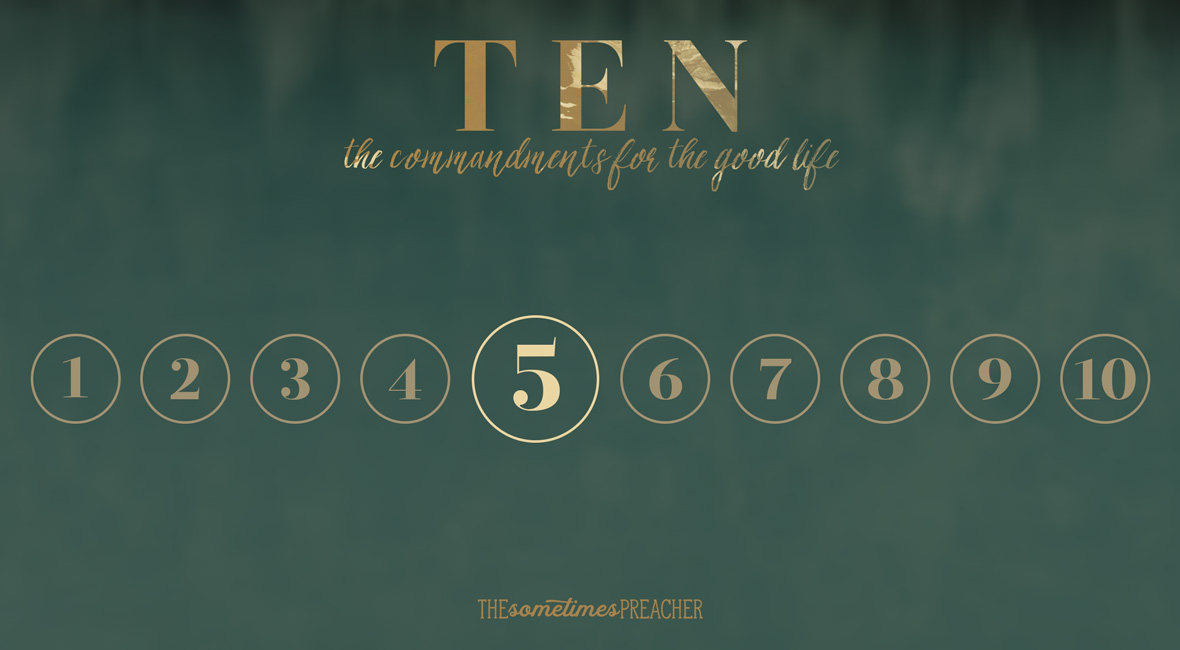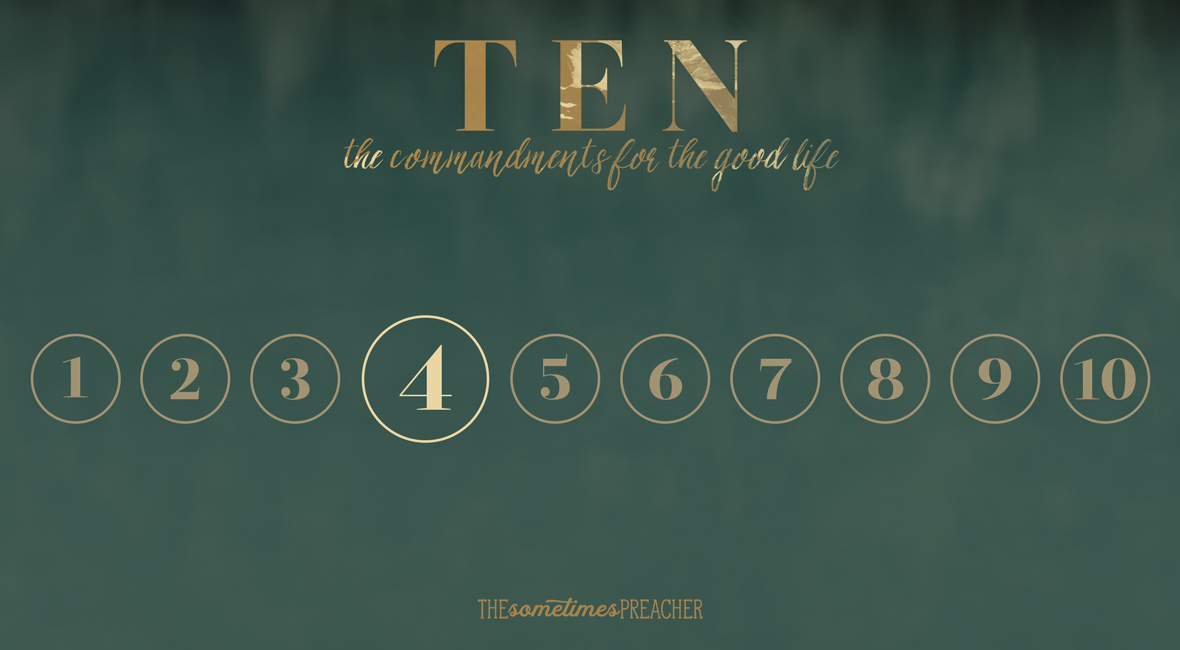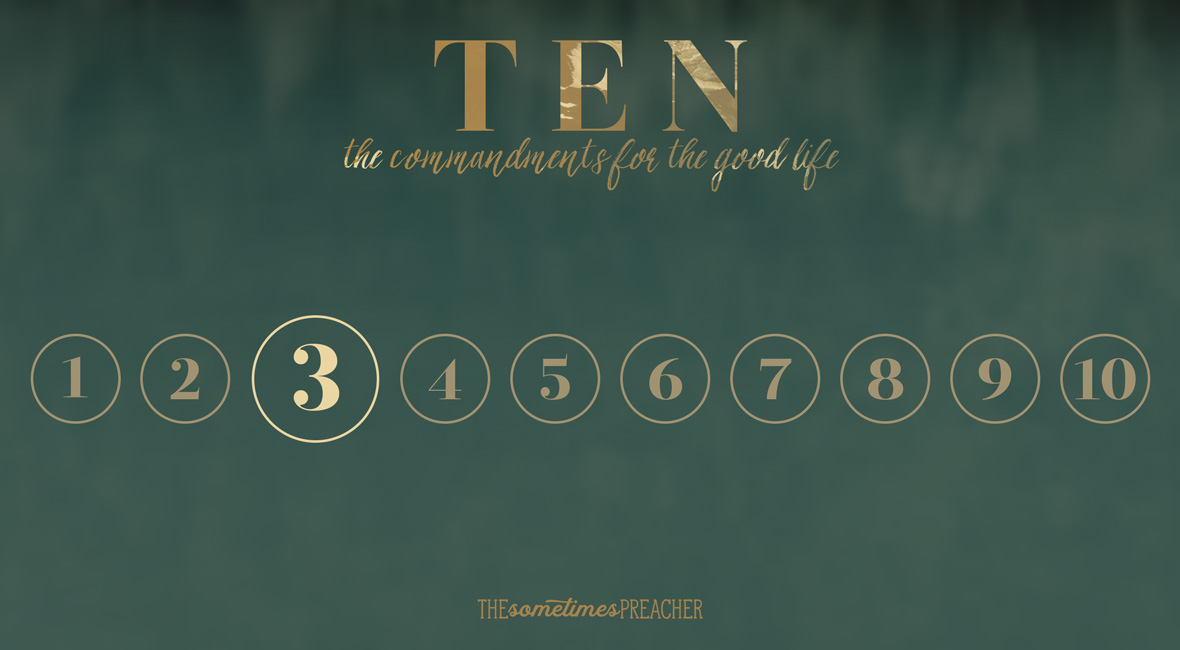“Honor your father and mother, so that you may live long in the land the Lord your God is giving you.”
It’s easy to think that this commandment applies only to children under the age of 18. Of course, small children, and even teenagers (especially teenagers!), should heed the command to “honor your father and mother.” This isn’t always easy, and the behavior of some parents makes it hard, or even impossible, for their children to honor them in any traditional sense. All of us have fallen parents, and every one of us who are parents falls significantly short of what God wants from us, and what we want from ourselves. But the commandment still stands. “Honor your father and mother,” God says, not because they, as individuals, are necessarily worthy of honor, but because the positions of father and mother are God-ordained. Even if our parents are scoundrels, the position of authority they possess in our lives deserves honor, though they themselves fall far short.
The commandment to honor your father and mother demonstrates that God values family. It is the one social structure he established explicitly in Scripture. “A man shall leave his father and mother and be joined to his wife, and the two will become one flesh,” God says in Genesis 2, in an echo of his command to “be fruitful and multiply.” A family begets a family. Father plus mother equals child. This is God’s fundamental design pattern for human society. It is built into our biology, psychology, and sociology. Humans thrive in the context of loving, committed, stable families.



